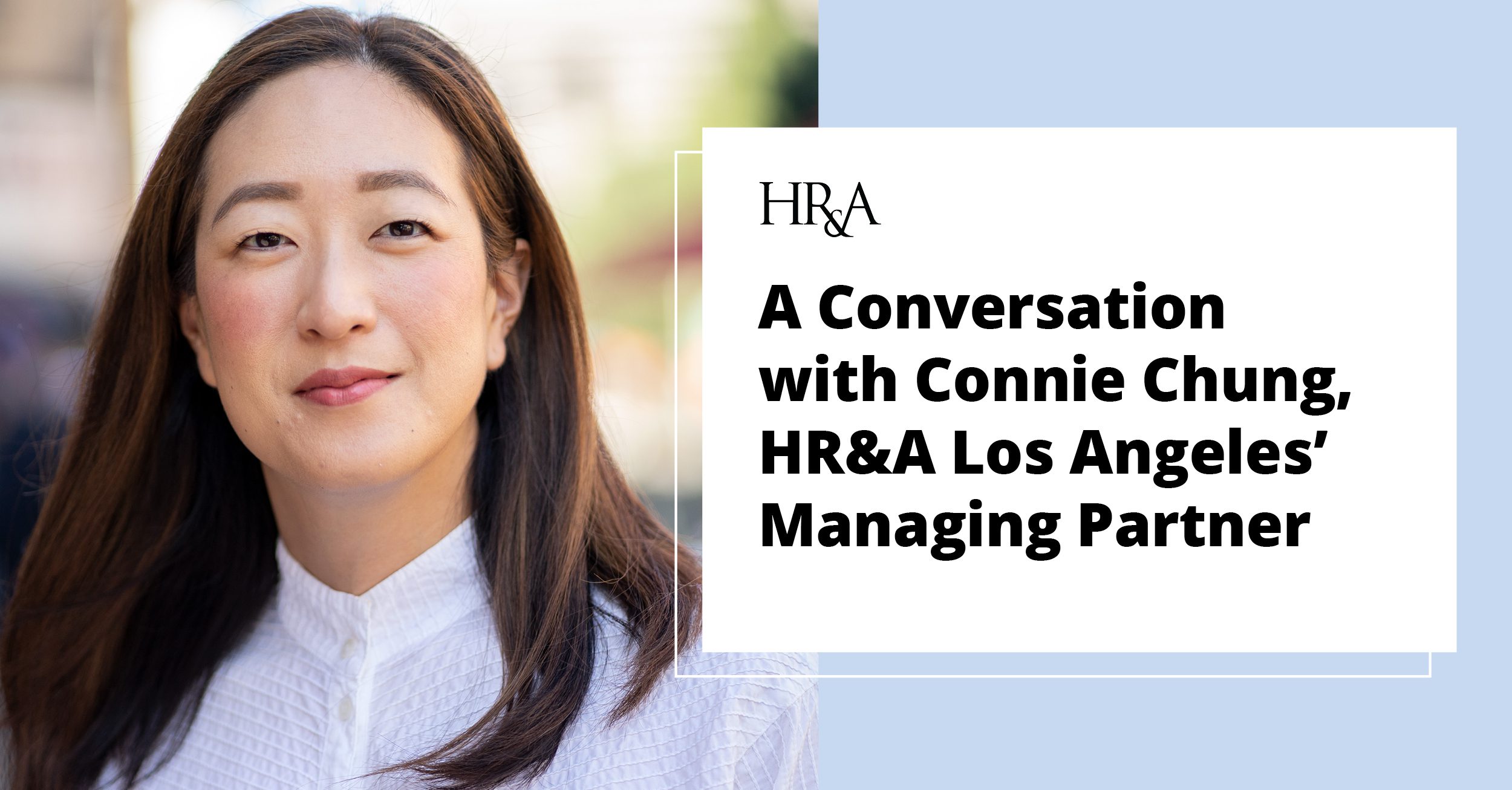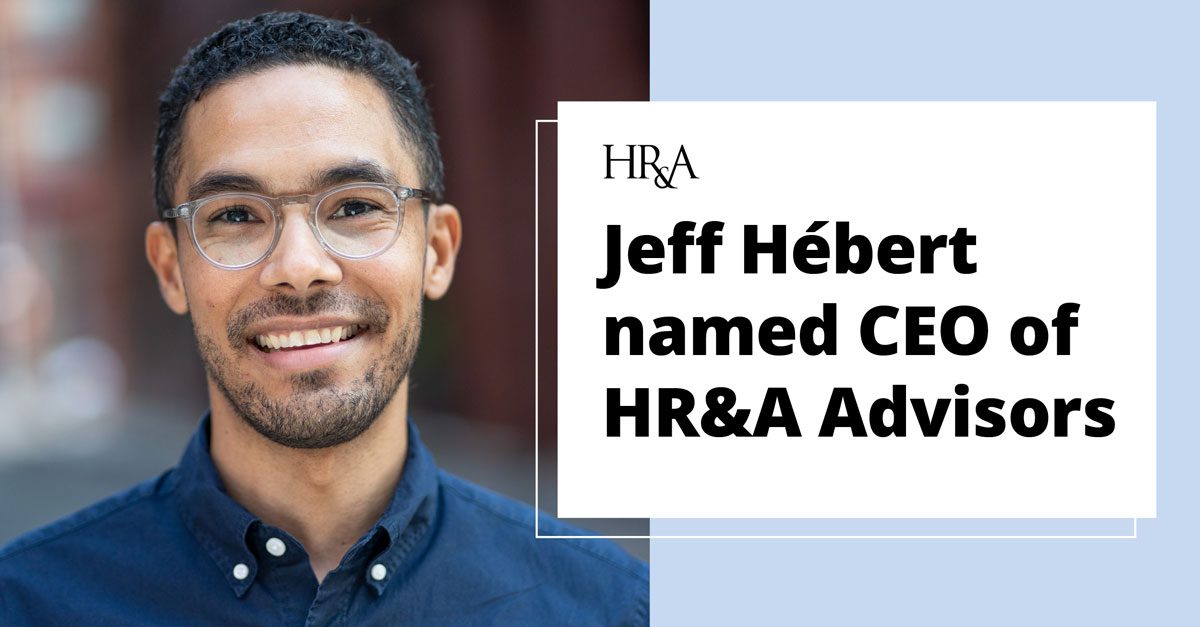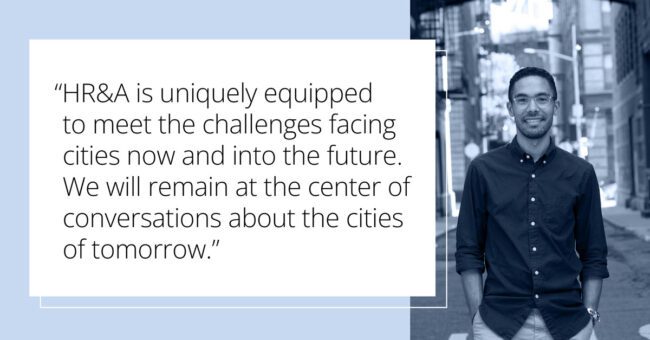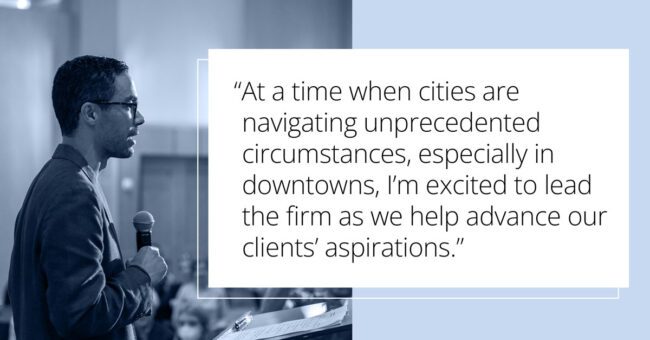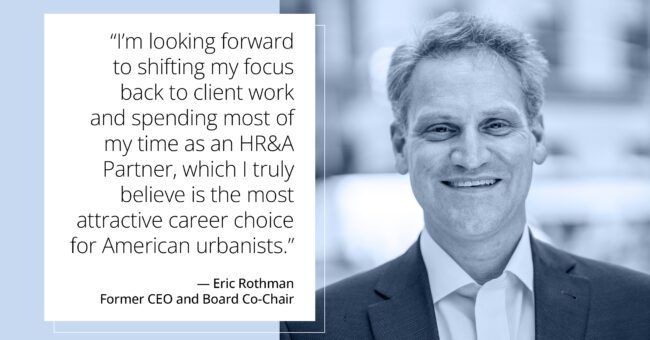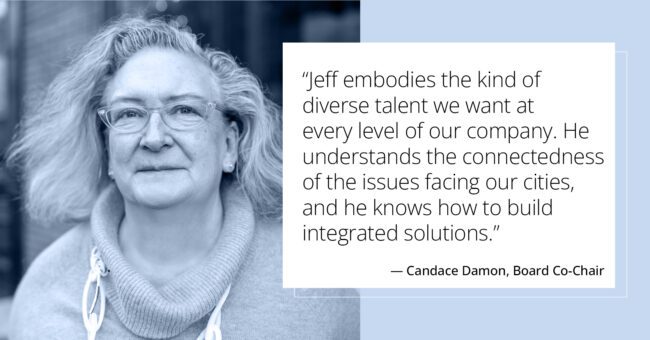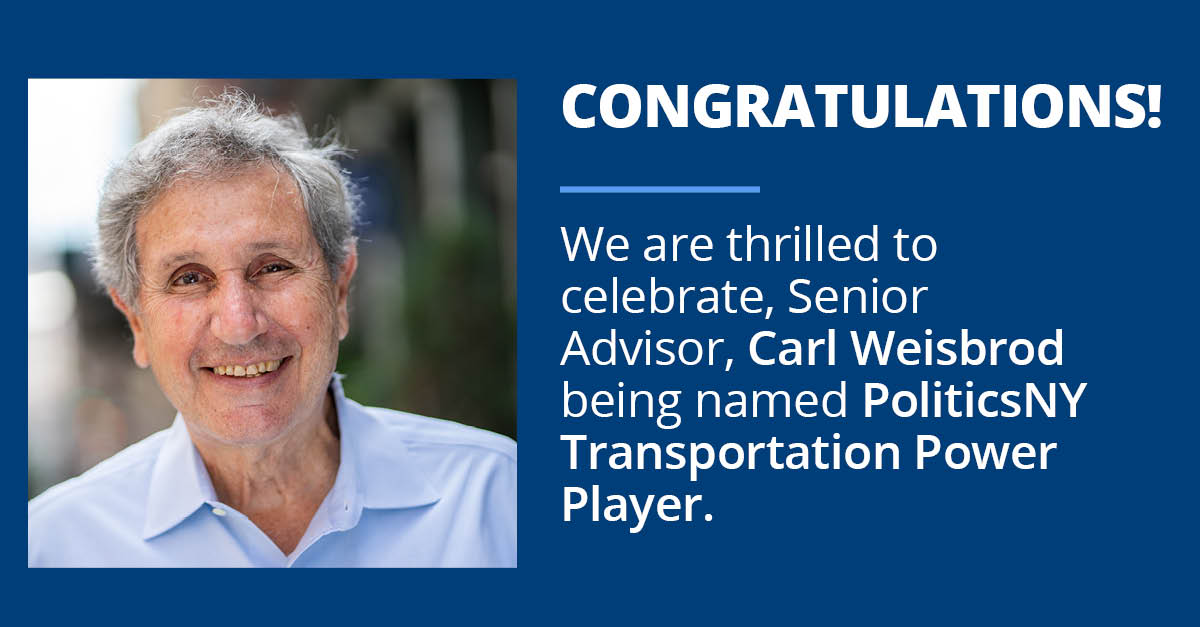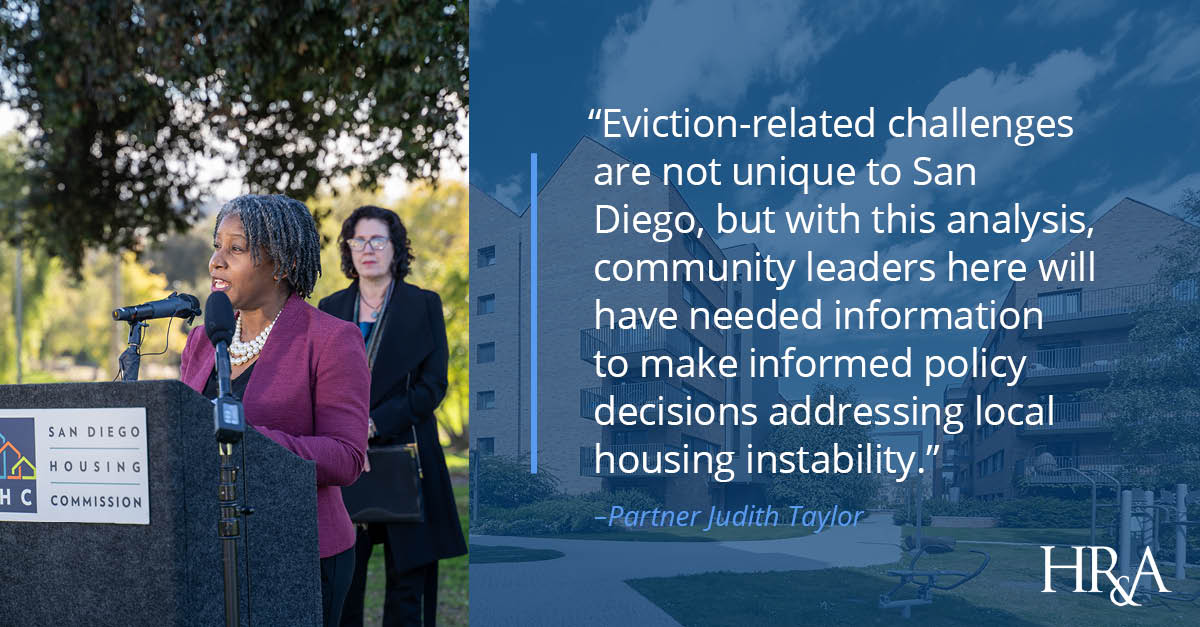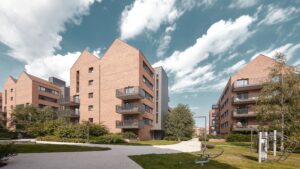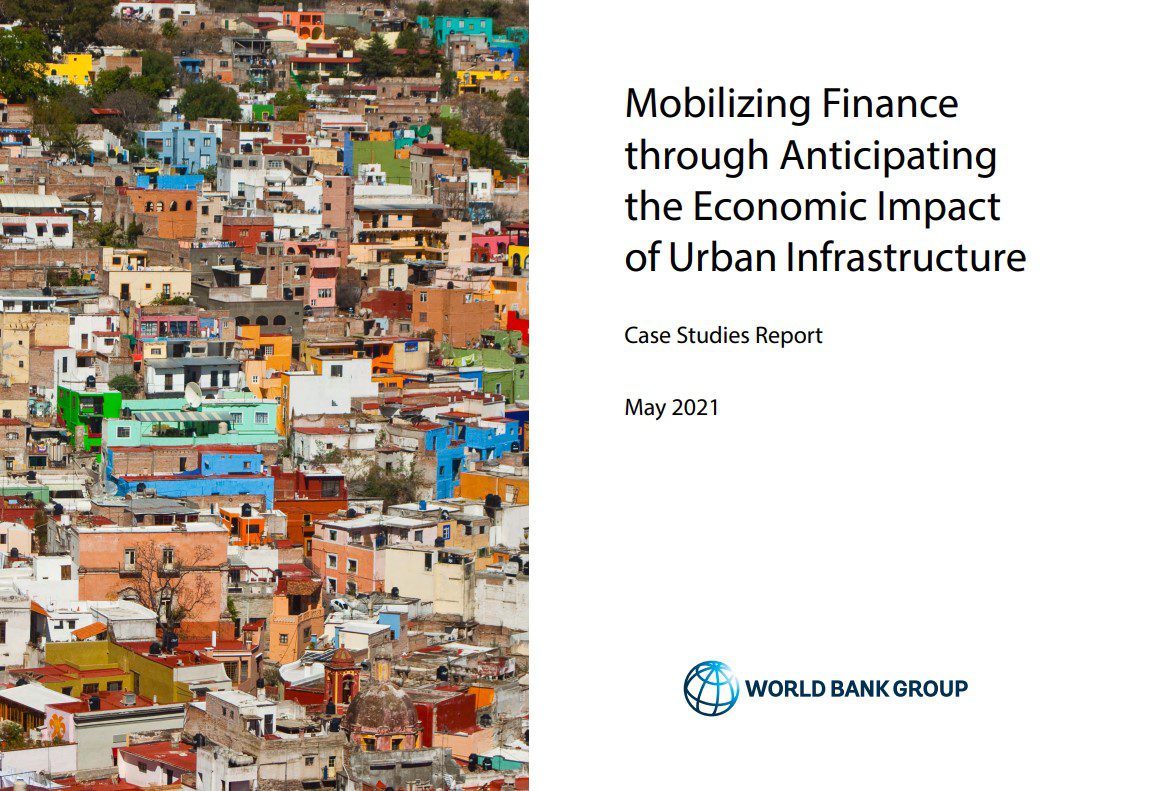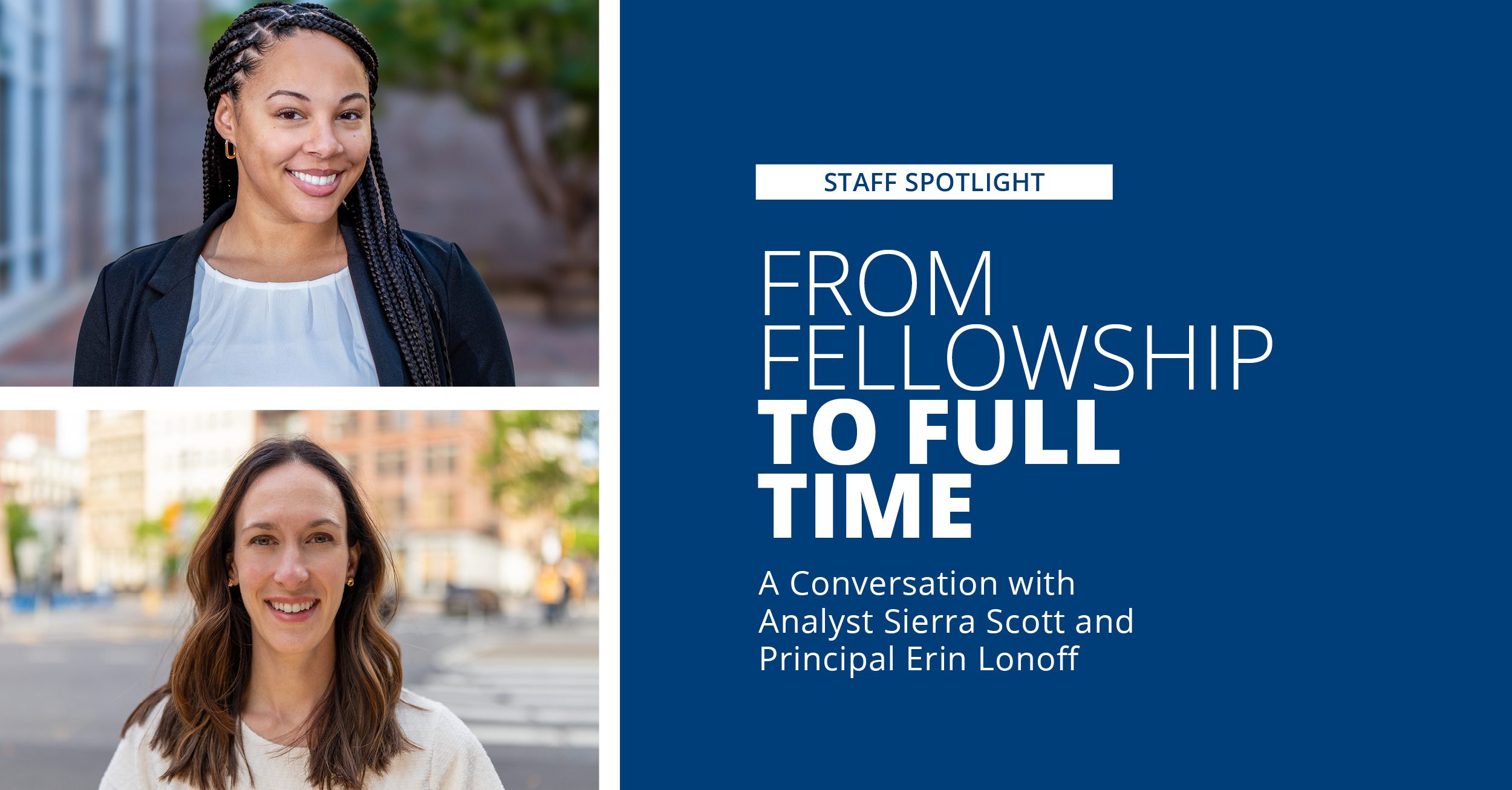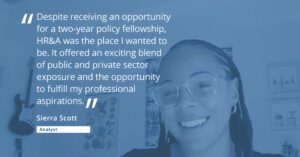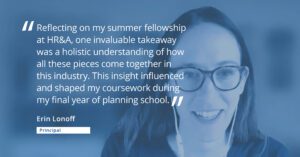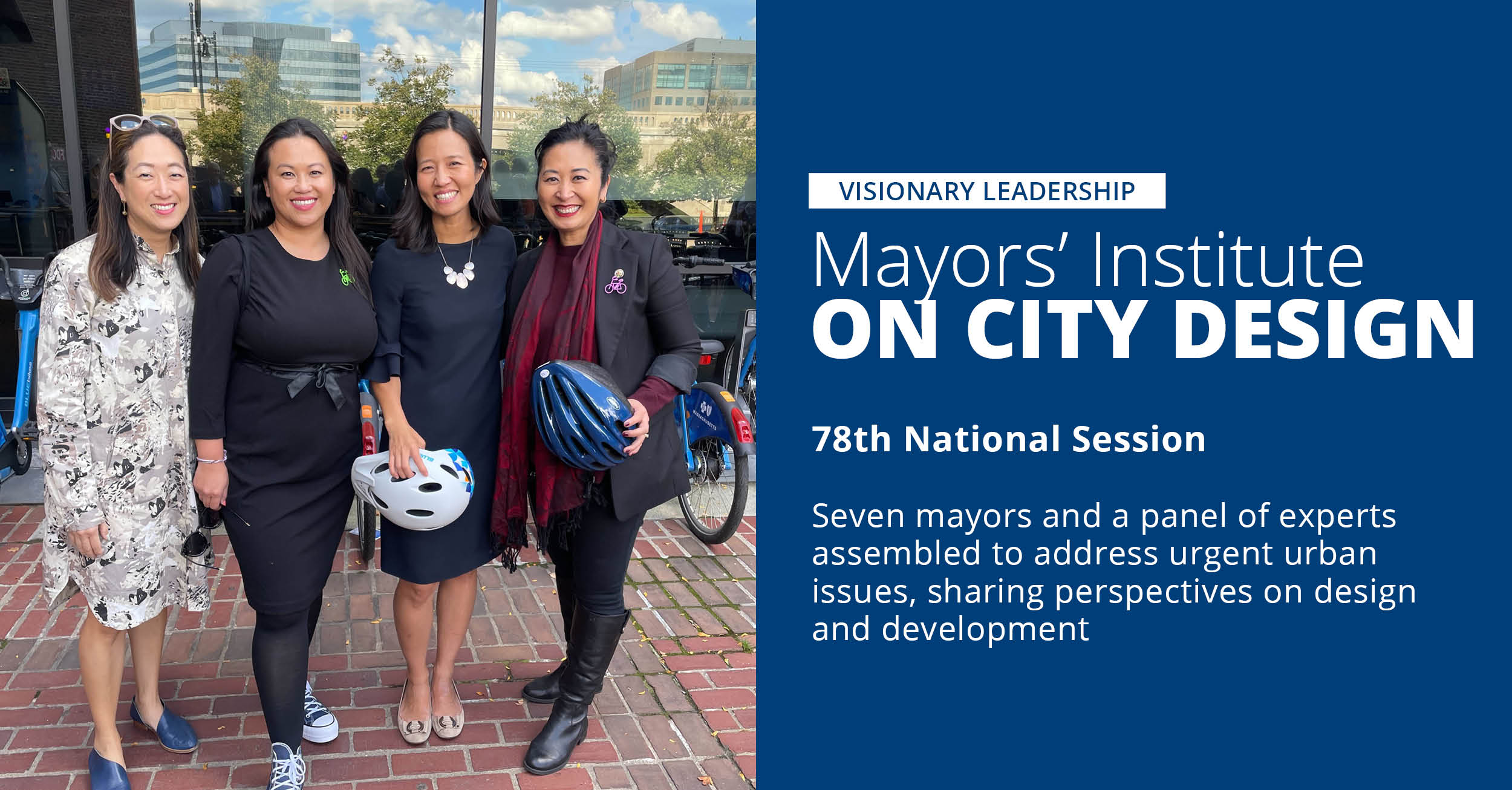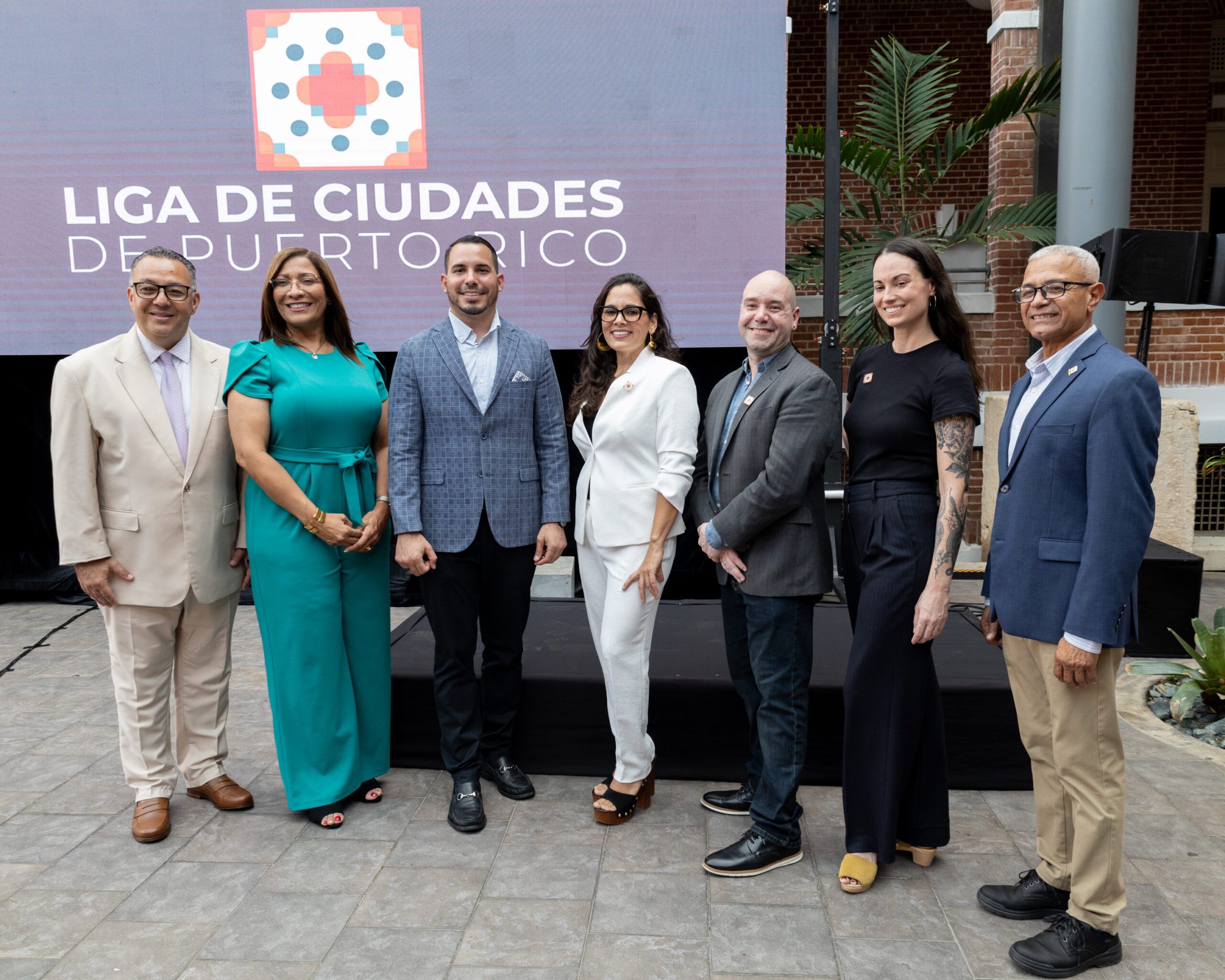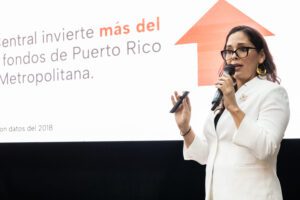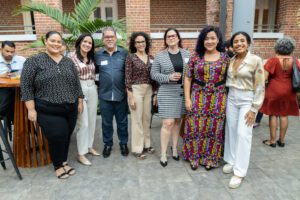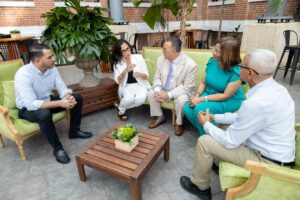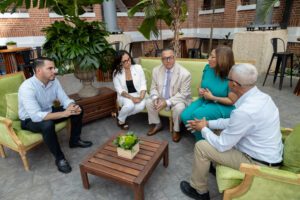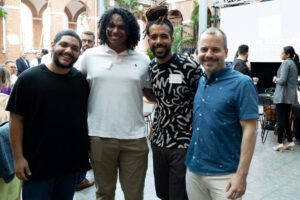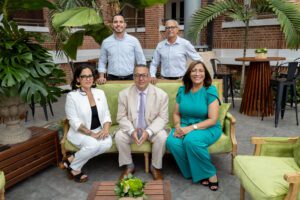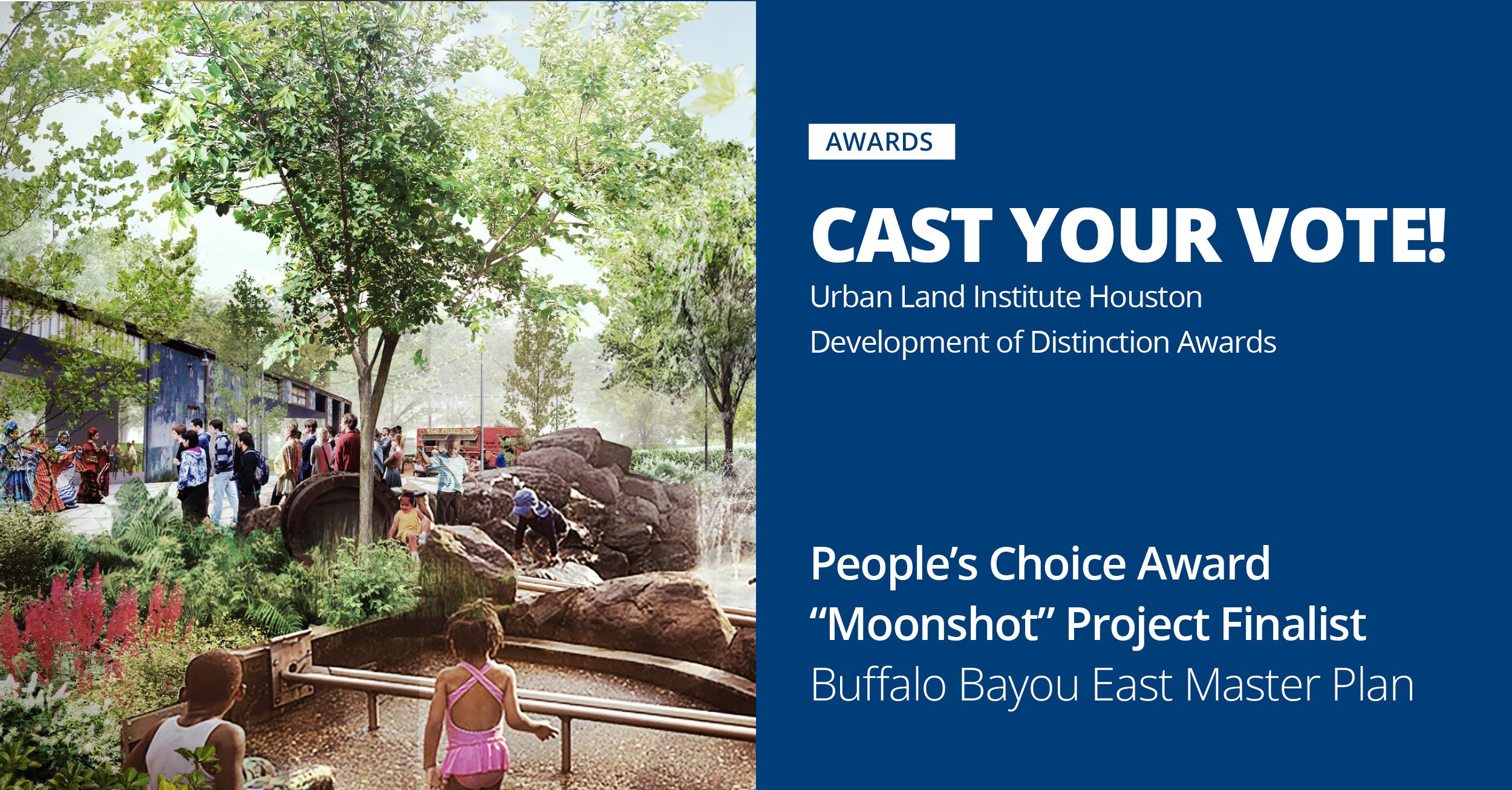We sat down with the Managing Partner of our LA office, Connie Chung, to discuss her recent elevation from Principal to Partner, California’s role as a national leader in problem-solving at the urban scale, and what’s in store for HR&A in the LA region and beyond.
You grew up in LA, but you joined HR&A in New York. What drew you to the company, and after living and working in New York, what inspired you to return home to manage HR&A’s LA office?
I actually got to know HR&A as a client when I was living in New York. I was the Director of Planning at the Alliance for Downtown New York (a business improvement district for Lower Manhattan) working on all kinds of planning, economic development, and placemaking projects. My role there was focused on implementation, from activating the public realm to working with the Department of City Planning on zoning issues. After Superstorm Sandy, I hired HR&A to advise us on an economic recovery strategy for lower Manhattan for a major grant application. I loved working with these experts I had hired – and I guess the feeling was mutual!
I joined the firm in 2013 to manage our Program Development and Implementation work for The Lawn on D in Boston, which was a natural fit given my background in placemaking and public space activation. We developed project vision/mission statements and a programming strategy that could realize that vision, and then I actually ran implementation for a year and a half. It was so much fun, and it also kickstarted my work in our parks and open space practice. I also worked on district master plan projects like Detroit’s East Riverfront, where we collaborated closely with the urban designers and the community on a strategic framework for reinvestment in 400 acres adjacent to Downtown and the Detroit Riverwalk. In Pittsburgh, I crafted an economic benefits case for citywide and equitable reinvestment in its parks, to support a ballot measure that voters approved to support funding the park system.
These types of projects continue to be a focus for me because they’re all about creating places —whether it’s a public park or bringing less tangible investments into a neighborhood — that bring community together and foster a sense of belonging and buzz of activity. These places are at the heart of what makes cities thrive.
After a while I began working on projects in LA, and that allowed me to visit home more regularly. I saw that Southern California had evolved so much since I was a kid, and that evolution made it an incredibly interesting place for someone interested in planning and urban development. We were building out an entirely new transit system (funded thanks to the passage of Measures R and M); Downtown LA had undergone a massive transformation; and yet this was and is all in the context of the very LA patchwork of neighborhoods spread out across the region. Meanwhile, our Los Angeles office was growing, and I was thrilled at the chance to help lead the office while also making an impact on my hometown.
Since returning home in 2017, I’ve been proud to lead projects in our region while maintaining a national practice. I worked alongside city leaders and a community coalition on a vision plan for the Arroyo Seco in Pasadena — which led to the community forming a new foundation that is seeking to implement its first project. I’ve also worked with numerous community-based and cultural institutions to evaluate possible real estate strategies in order to better support their missions. And other recent favorite projects outside California have been with the Atlanta BeltLine, and work in New Orleans, Chicago, Kansas City, and Denver.
As I step into my new role as Managing Partner for our Los Angeles office, I think about my young daughter whose hometown this has become, and I’m more excited than ever to play a role in LA’s continued evolution.
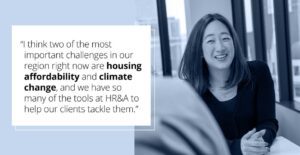
What are some of the greatest challenges facing the LA region right now?
I think two of our most important challenges right now are housing affordability and climate change, and we have so many of the tools at HR&A to help our clients tackle them. I love that we have never been afraid to dive into the most difficult issues facing our cities; it’s just our culture. So, I want to be laser focused on doing work that’s moving the needle on the most pressing problems here.
Housing affordability is a statewide (and national) issue, and the related homelessness crisis is an affordable housing crisis. It means we have to figure out how to fund and develop all kinds of affordable housing from extremely low-income to middle-income housing, and we have to think about solutions to homelessness. And you can’t think about either of those things without considering the many and disparate impacts of climate change on our most vulnerable and historically marginalized communities. These issues are so interconnected.
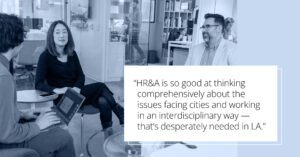
After working in cities across the country, what do you think is unique about working in LA and California. What excites you about the future here?
What’s so exciting is that California is a leader in so many things, and we can create models for solving big problems like climate change and the housing crisis that the rest of the country and maybe even the world can take and adapt to solve these issues in their regions. What’s important about the work we’re doing in California is that we’re really digging into how these issues are connected. When we’re doing climate work, we’re considering issues like extreme heat, resilience, equity, water and energy, as well as carbon. We need to look at all of those things holistically.
HR&A is so good at thinking comprehensively about the issues facing cities and working in an interdisciplinary way — that’s desperately needed in LA. So, we’re not just working in a silo, writing a report, and handing it over to our clients. We really love getting in the trenches and figuring out the implementation aspects of our plans and how our analysis will be used. We want to help our clients understand what the data means and create a roadmap with them to use our analysis to address the problems they’re hoping to solve and build something better. We want to make an impact and see positive change here because it’s our home.
I’m excited to expand our presence in LA not just because it’s good for HR&A, but also because I sincerely believe that we can be helpful in improving people’s lives here in LA and across California. That’s our mission, and I want HR&A to be one of the first companies that come to mind when potential clients are thinking about how to move the needle on the big urban challenges that they’re facing.
Read more about Connie here.
